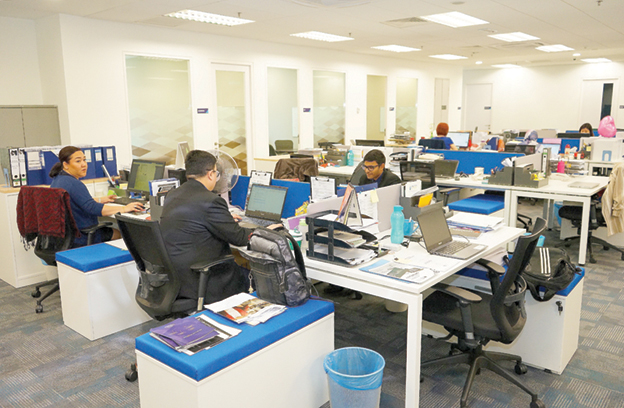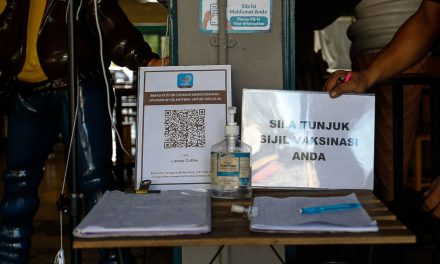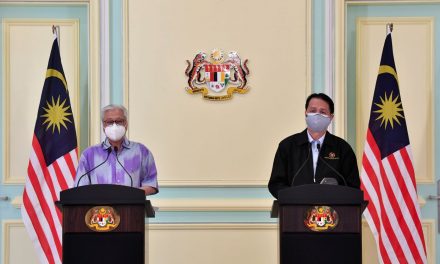COMPANIES from small and medium enterprises (SMEs) to multinational firms are forced to share the burden of economic impacts with employees to survive the economic onslaught of Covid-19.
To date, Malaysia Airlines Bhd has announced 35% pay cuts for top management; 50% reduction in directors’ monthly fee; and streamlining of allowances for licensed aircraft engineers and technicians.
For AirAsia Group Bhd, its CEO and executive will take no salary, while employees will have up to 75% of temporary pay reductions.
Another airline, Malindo Airways Sdn Bhd, only said the company is implementing pay cuts and temporary unpaid leaves.
In an unprecedented move, Genting Malaysia Bhd said it has imposed 20% voluntary pay cuts for employees based on ranks last week.
Oil and gas firm, Sapura Energy Bhd, said earlier this week that the management team will have 50% pay cuts and there will be readjustment of employee salaries between 5% and 45% across the board, as well as workforce reduction after Ramadhan.
The Malaysian Employers Federation ED Datuk Shamsuddin Bardan said retaining jobs is the most important factor and many employees would have to deal with pay cuts and other cost-cutting measures during the current crisis.
“Employees and the government need to share the burden with employers for businesses to extend their survival.
“The government provides wage subsidies, while employees take pay cuts or unpaid leaves. Such an arrangement is a much better option than having to lay off workers,” Shamsuddin told The Malaysian Reserve.
He said micro enterprises in the country, defined as companies that employ less than five people, are expected to be able to withstand the economic shock in one and a half months only since the Movement Control Order (MCO).
He added that medium-sized enterprises with less than 75 employees can survive up to three months and bigger companies would stand for longer months on greater cash reserves.
“An impression was formed in Phase 1 of MCO that employers must give full wage, but now the government is saying companies can negotiate with their employees on cost-cutting measures,” Shamsuddin said.
He said the employers’ group has recommended to the government to come up with a legislation that states the importance of job retention and, hence, gives certain provisions for employers to reduce wages.
“No sector is spared from the impact,” he said.
Tourism, one of the worst hit industries due to Covid-19, also saw Plenitude Bhd having to resort to operational closure of Mercure Penang Beach, The Gurney Resort Hotel and Residences, and Travelodge Ipoh. The company is also downsizing operations in other hotels.
Other closures for hotels so far include Kinta Riverfront Hotel and Suites, Jazz Hotel and 4-Star Tower Regency Hotel. Meanwhile, Estadia Hotel and Hatten Place Melaka are imposing unpaid leaves as a part of austerity measures.
Malaysia has some 650,000 micro establishments or over 75% of the total firms.
Overall, there are over 907,000 SMEs which make up close to 99% of the total firms in the country, employing 66% of the total workforce and contributing more than RM500 billion or 38% to the national GDP.
Taking salary deductions, for example, Shamsuddin said management staff would be willing to take bigger cuts than the lower-end employees.
But, he said problems arise when staff is not prepared for the pay cuts and that may lead to disputes with the employers.









